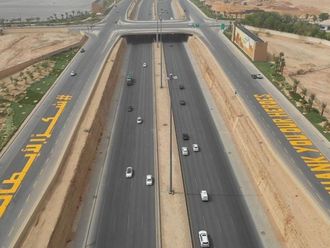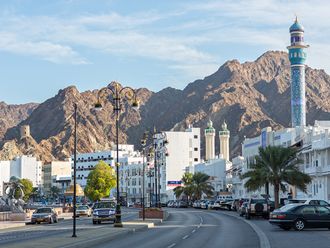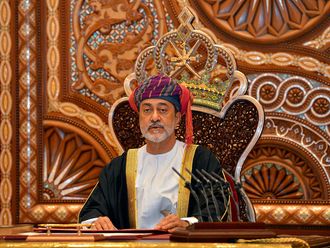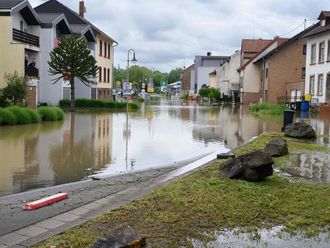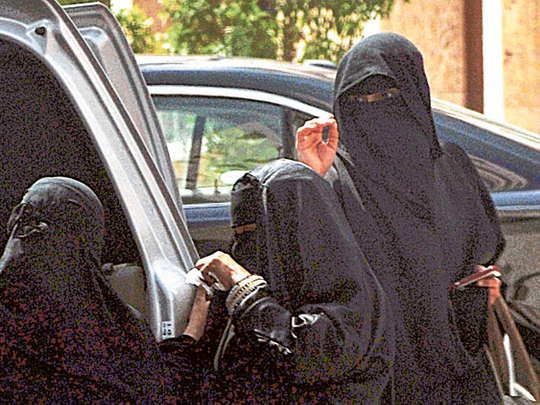
New York: United Nations Women's rights in the Middle East have always been rather underplayed and the situation can only be improved through a strong, collective women's movement.
Touching on the subject, Fred Kirungi, public information officer at the New York office of the High Commissioner for Human Rights, said: "In some countries they either do not exist and if they do, they violate the rights of women in some form or another. The best way [the UN] can tackle the issues is by condemning such violations, but the problem arises when the countries in question do not want to listen to us."
Gradual shift
Speaking to Gulf News at the United Nations headquarters, Kirungi noted how the High Commission of Human Rights (HCHR) had started highlighting the issue in Saudi Arabia just about a year ago.
The HCHR has taken a gradual approach and is working with the Saudi government on improving women's rights in addition to encouraging positive changes that can bring about a momentum in terms of women's empowerment.
"We got assurances that [women's rights] will change [for the better] and even though they will have the right to vote and run in local elections they still cannot drive," said Kirungi.
Last month, King Abdullah Bin Abdul Aziz overturned a sentence against a woman believed to be in her 30s who, according to The Guardian, was found guilty of driving in Jeddah without permission. She was to have been subjected to ten lashes for her crime.
Abstract powers
Although there are no written laws that restrict women from driving in Saudi Arabia, the prohibition stems from traditional and religious views.
"I applaud the women that drove the cars and wish there were more who were doing that, because they cannot put everyone in jail," said HCHR's Kirungi.
The UN is focusing on empowering women not only in the Middle East but across the Arab world in general, and the body is closely monitoring developments taking place in North Africa and Syria.
"In those particular countries, the women are suffering from poverty and socio-economic problems while missing the right to education. And that is when we move from being theoretical to being practical. The United Nations Development Programme is also involved in improving the livelihood of people in the Arab world, and specialised organisations like the World Health Organisation, and the United Nations Children's Fund also collaborate with us in improving living conditions," he said.
Human trafficking
Although Kirungi could not say whether the number of cases of human trafficking across the Middle East had risen or not, he emphasised that, in most cases the victims of human trafficking ended up being treated like criminals.
"Our approach has been to work with different countries and put in place a set of standards, so that they can be treated like victims. We are working with several governments to address the issue, because there have been cases where we were told that the women were arrested for their own protection. There are several international non-governmental offices that work with UN departments and Human rights department," he said, pointing out that the HCHR is tackling the issue in Bahrain with local non-government organisations.
Other NGOs on the scene include the Bahrain Women's Association, the Bahrain Women's Union, and the Young Ladies Society, who are advocating enhanced political, economic, and social rights for women and girls.
According to the 2010 Human Rights Report for Bahrain, the Bahrain Centre for Human Rights, which the government officially dissolved in 2004, continues to issue reports and maintain strong ties to international human rights NGOs.


